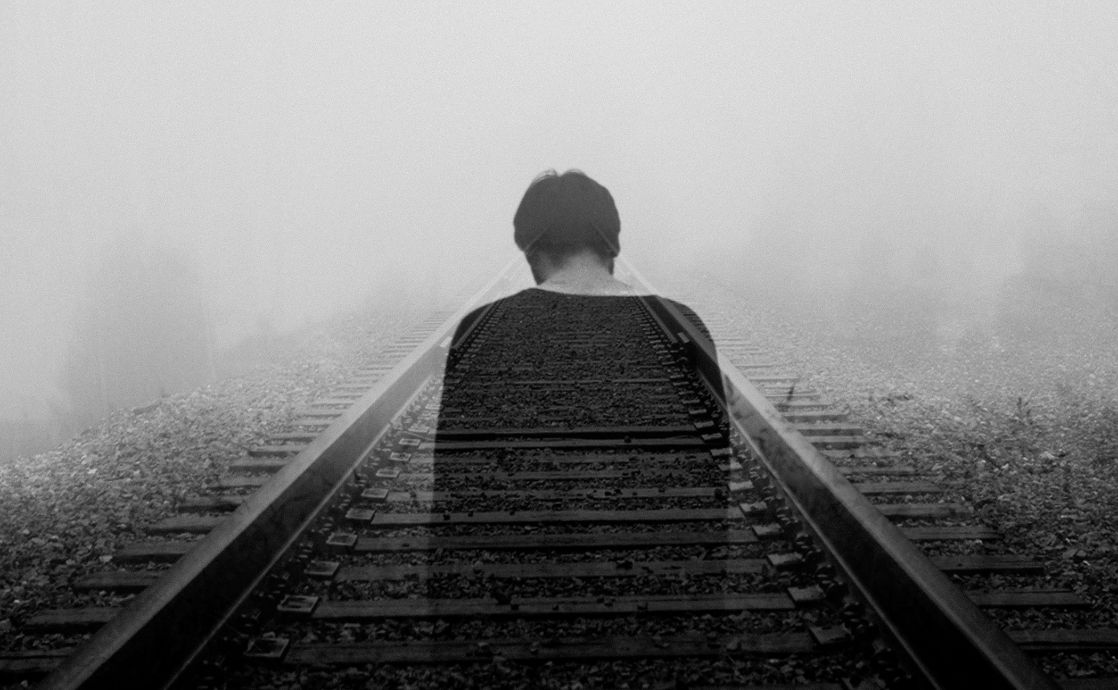In contemplating the vicissitudes of human existence, one may ponder a provocative query: What happens when individuals succumb to the clandestine allure of opioids? This question bifurcates into myriad ramifications, not only regarding the corporeal body but equally pertinent, the consequences on the soul. The Bahá’í teachings encourage a holistic understanding of well-being, compelling an exploration into the metaphysical impacts of substance abuse.
Opioids, initially heralded for their therapeutic potential, have transmuted into notorious agents of addiction. Once administered for pain relief, these substances can ensnare vulnerable souls, leading them down a path of spiritual desolation. The Bahá’í perspective emphasizes that the human soul is an eternal entity with intrinsic capacities for growth and development. Thus, when an individual indulges in opioids, they risk not merely physical dependency but a profound spiritual bankruptcy.
The first dimension to examine is the fragmentation of identity that arises from opioid addiction. The Bahá’í teachings advocate the cultivation of virtues that enhance one’s individuality and connection to the Divine. Yet, the consuming nature of opioids can engender a dissonance within the self. The addict, ensnared in the throes of dependency, often finds their authentic self supplanted by an insatiable need for the substance. This leads to a dichotomy whereby the individual becomes a mere shadow of their former self—akin to a “zombie,” devoid of the vibrancy and purpose that characterize genuine human life.
Furthermore, the moral implications that accompany opioid addiction cannot be obfuscated. The Bahá’í framework esteems ethical conduct as essential to spiritual ascension. Individuals under the thrall of opioids may engage in behaviors that contravene these ethical standards, ultimately jeopardizing their spiritual progression. The once-noble ambitions and altruistic tendencies may languish, replaced by self-serving endeavors driven by the overpowering need for the drug. This moral degradation contributes to societal decay as a whole, fostering an environment fraught with despair rather than one of unity and growth.
How then do the Bahá’í teachings propose to mitigate such challenges? The emphasis is placed on the redemptive power of community and support. The Bahá’í community serves as a crucible for healing, wherein collective prayers, service, and fellowship can facilitate recovery. By nurturing an atmosphere imbued with compassion and understanding, the ravages of addiction can be confronted head-on. As individuals share their experiences and vulnerabilities, a new narrative emerges, fostering resilience and fortitude.
Additionally, the Bahá’í principle of education plays a significant role in addressing the opioid crisis. Education, as espoused within the teachings, is not confined to mere intellectual pursuits but extends to moral and spiritual dimensions. When individuals are armed with knowledge regarding the perils of substance abuse, they possess the tools necessary to navigate life’s vicissitudes with sagacity. By cultivating an informed populace, the likelihood of succumbing to addiction diminishes, fostering a landscape where individuals can transcend mundane struggles and attain spiritual enlightenment.
The query of personal responsibility further complicates the narrative surrounding opioid misuse. Within the Bahá’í worldview, each person is endowed with agency, compelling one to reflect on their choices. The teachings promulgate the doctrine of accountability, emphasizing that individuals must take responsibility for their actions. In relation to opioid use, this calls for introspection and an assessment of the underlying reasons for resorting to drugs as a coping mechanism. Recognizing the interplay of psychological, social, and spiritual factors is paramount for achieving holistic healing.
A greater understanding of companionship supports this journey. True friends embody a source of strength, encouraging one another to pursue virtuous living. A Bahá’í community, founded on the principles of love and kindness, presents an invaluable support network. In collaborative efforts to uplift one another, individuals ensnared in addiction can find the strength to ameliorate their plights. This unity not only reinforces personal journeys but also fortifies communal resilience against the encroaching tides of addiction.
Ultimately, the challenge posed by opioids is not insurmountable. The juxtaposition of “zombies” and “junkies” against the luminous ideals of the Bahá’í teachings serves to illuminate a path toward redemption and healing. By engaging in spiritual practices, nurturing supportive communities, and taking personal accountability, individuals can reclaim their souls from the grip of addiction. The teachings advocate that it is through the cultivation of virtues, the pursuit of knowledge, and unwavering support that one may transcend the darkest depths of despair. As such, the path toward spiritual awakening becomes not just a possibility, but an attainable reality, manifesting the inherent potential of the soul.
In summary, the Bahá’í teachings offer profound insights for grappling with the tumultuous landscape of opioid addiction. By fostering environments of compassion, promoting education, and encouraging self-awareness, individuals can emerge from the abyss of addiction, revitalizing both themselves and their communities. In transforming the narrative from one of despair to one of hope, a future of vibrancy and spiritual fulfillment awaits.
